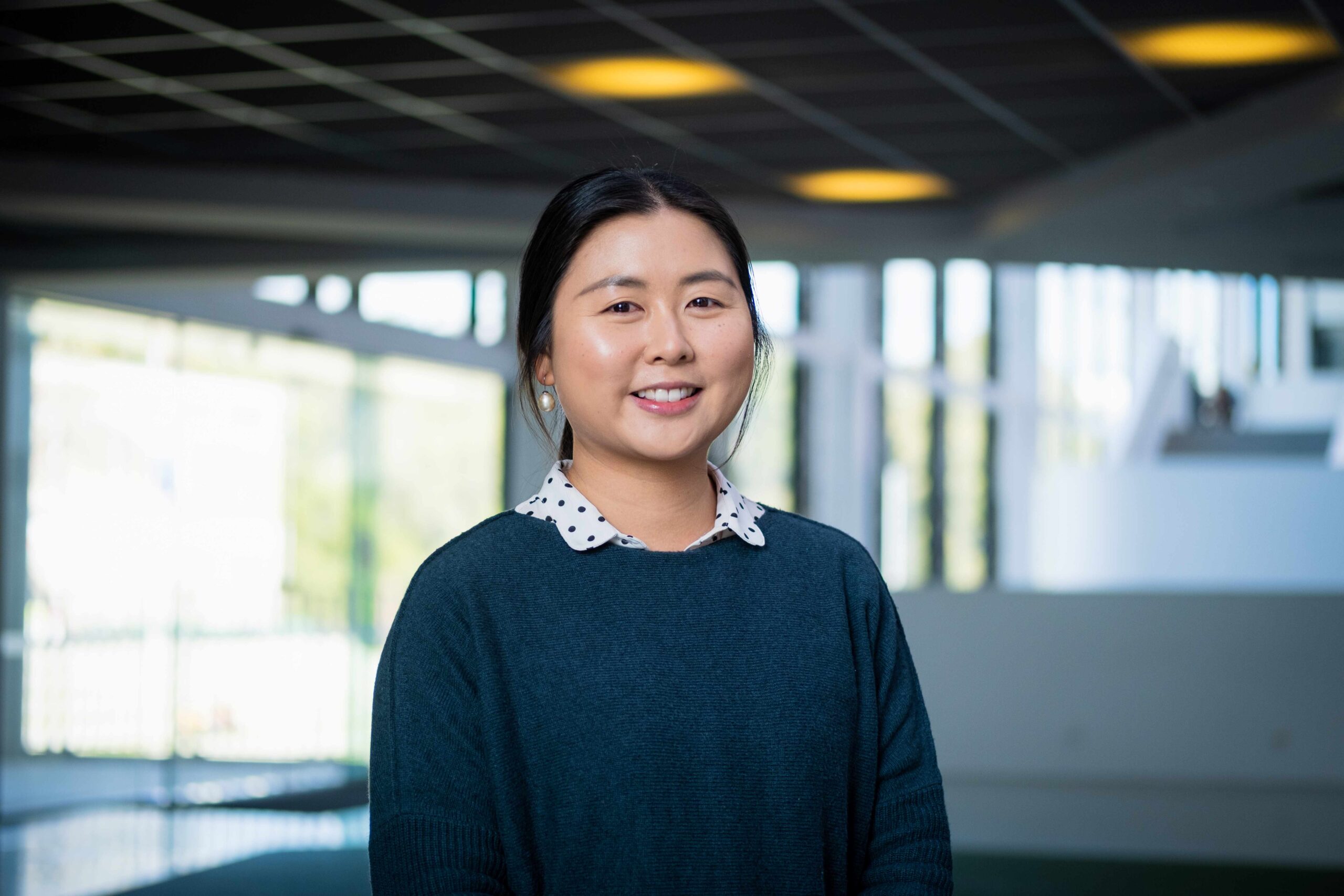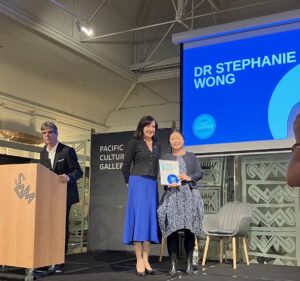
Dementia is most often associated with memory loss in older people, however that is not always the case says 2023 South Australian Young Tall Poppy of Science Dr Stephanie Wong, College of Education, Psychology and Social Work.
Dr Wong - who is one of eight winners in the State's 2023 Young Tall Poppy Science Awards- has been recognised for her excellence in clinical dementia research and for her enthusiasm for communicating science beyond the walls of the laboratory.
"Most people picture dementia as older people with memory loss. But not all types of dementia start with memory loss – and this is a fact that is poorly understood and consequently there are limited treatment options," says Dr Wong.
There is a lesser-known type of dementia called frontotemporal dementia which affects a surprising number of younger people and can cause a range of symptoms including changes in personality, social behaviour or difficulties with financial management and decision making.
"Frontotemporal dementia is a neurodegenerative condition that affects a person' frontal lobes and can impair their reasoning and judgement, leaving them especially vulnerable to predatory financial scams which is a real cause for concern," says Dr Wong.
Many patients presenting with frontotemporal dementia reported difficulties with their financial management, with some being scammed out of hundreds of thousands of dollars which prompted Dr Wong to investigate the financial vulnerability of dementia patients.

"Those of a younger age often get misdiagnosed as having a psychiatric condition, or depression, and the delay between the onset of symptoms and diagnosis of this type of dementia is much longer. It's crucial to identify this condition as early as possible and establish appropriate support networks to help protect them," adds Dr Wong.
The Senior Lecturer for the College of Education, Psychology and Social Work draws on a combination of neuroscience and psychology in her research to understand how changes in the brain lead to different symptoms of dementia.
"By understanding what causes these symptoms, targeted and effective interventions can be developed, to manage these symptoms and improve quality of life in people living with dementia and their families.
The Young Tall Poppy Science Awards, an initiative of the Australian Institute of Policy and Science, are widely considered to be an early indicator of Australia's future scientific leaders, identifying excellent early career scientists. The Awards were presented at the beginning of National Science Week (12-20 August).






